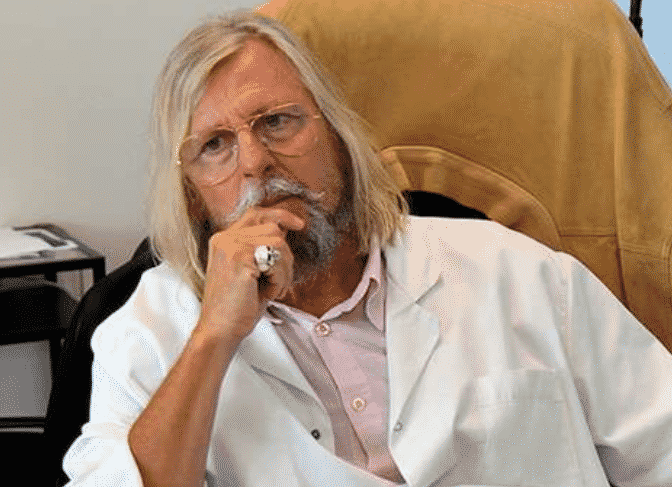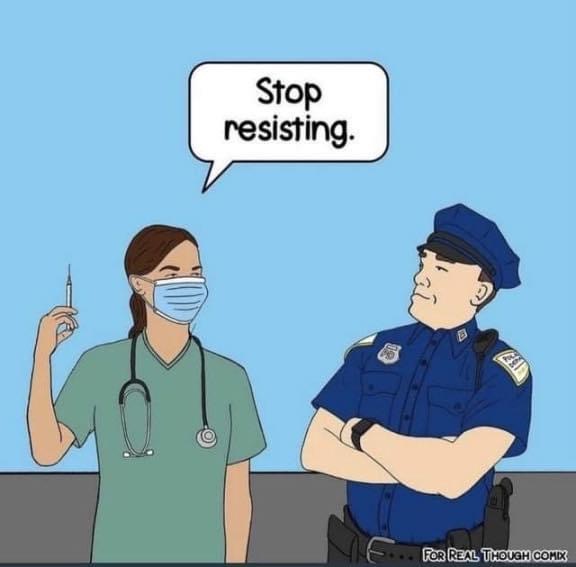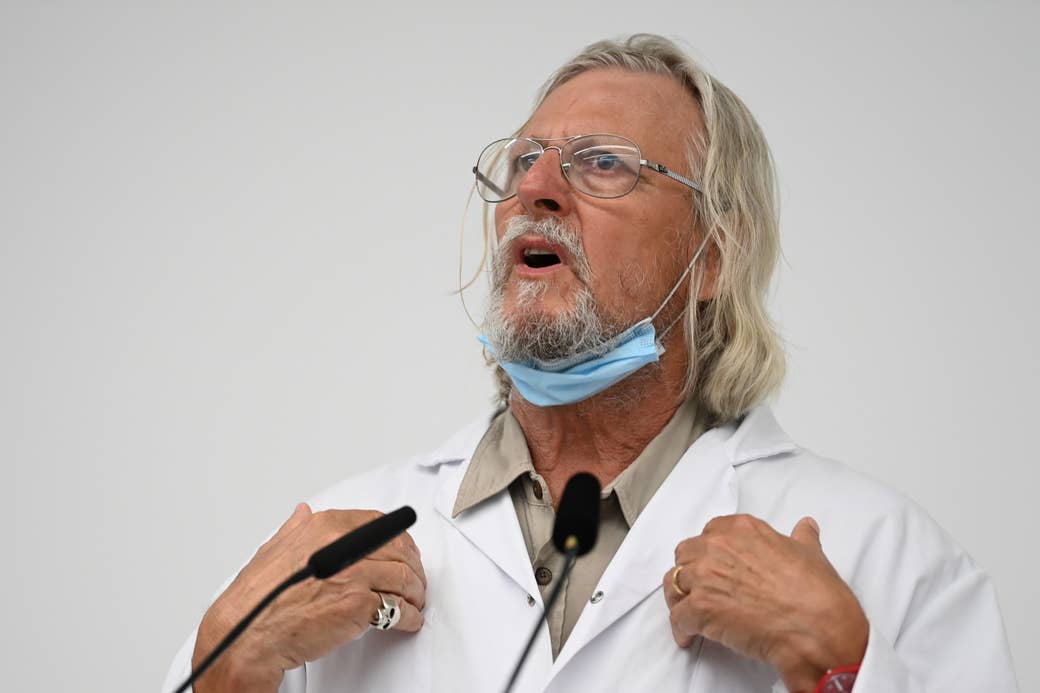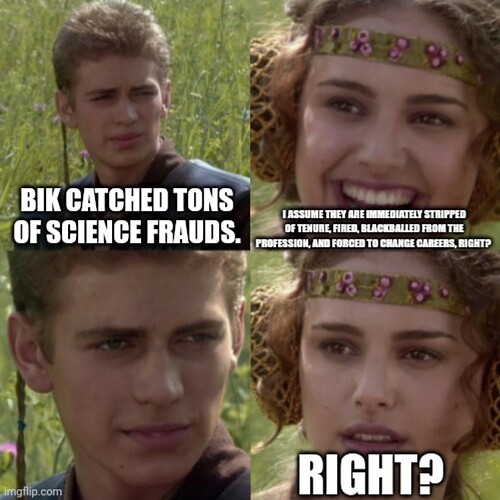Resist by all means
Bik is a real hero at spotting fraudulent science. Didn’t realize she was caught up in a hydroxychloroquine mess, too.
Anyone wearing that ring already has me suspicious.

ETA: Wait, those are two different skull rings lmao.
I haven’t finished it, but this article is riveting.
Bik’s efforts to clean up science are immense: Since 2014, she’s contributed to the retractions of at least 594 papers and 474 corrections.
I’m curious what happens to researchers who are discovered to have published fraudulent papers (plagiarized, duplicated images, falsified results, etc.). I assume they are immediately stripped of tenure, fired, blackballed from the profession, and forced to change careers, right? If not, LOL science.
Thanks for posting this. I had not heard about Bik or this incredibly important work. Hero is an understatement.
Those retractions aren’t intentional fraud most of the time.
I had the same reaction. It’s extremely disheartening. What scientist is against independent peer review?
Good clarification, but it seems there are some clear cases of fraud, and/or patterns of convenient errors without much consequence. And attacking the peer reviewer seems incredibly bad for science in general.
Deliberate fraud can definitely ruin a career, but not retractions and corrections for unintentional fuckups.
Someone at the university I work at got prison time.
I find bad science all the time within the companies I work for, the papers that I read and sometimes in work I’ve been a part of.
Sometimes it’s just unseen biases/aliases that make associations appear where they aren’t.
Much more often it’s poor controls, no understanding of the limits of the analysis, and bad calculations.
In applied science, little things like labeling get screwed up all the time. Something was meant to run at ph 6 but there was in upset that screwed up the experiment and the ph dropped to 5 for a few hours. Yet the experiment is simply presented as pH 6. Drives me nuts.
My other pet peeve is not excluding bad data or coming up with weird ass theories for obvious outlier data without making the null assumption that something went wrong. For example if your microbe consumes sugar it is unlikely the pattern is
100
80
40
60
20
0
Seems pretty obvious the 40 and 60 samples got transposed but these damn fools will try to explain how the microbe consumed and then made sugar instead of re-running the samples or checking that samples were not processed out of order.
Patents are especially full of shit. 150% carbon recoveries.
I’m firmly convinced the incompetent have the competent out numbered 2 or 3 to 1. Even among scientists.
She’s really good at spotting intentional fraud that other people, even good scientists miss, though. She’s a wizard at spotting things like researchers taking one smear from a Western blot, turning it upside down, and putting it in another lane, or even more complicated things like duplicating cells on an H&E stained section on a slide. The things she catches seem almost impossible to spot without her highlighting.
Oh I don’t mean to cut at what she’s done whatsoever. It is remarkably easy to let your own bias end up in your work and destroy your results. I’m sure a lot of her work finds that kind of stuff instead of intentional fraud.
Yup the frequency chart would be
-innocent errors of unrecognized bias>
-just plain old bad science>>
-fraud
But sadly I think each of these categories is larger than realized, especially in the Covid era.
There’s a ton of garden-variety bullshitting and hyperbole and unintentional mistakes in the scientific literature. Outright fraud is still relatively uncommon, not because sciencebros are cut from a different cloth as other humans but because it’s very hard to get away with making shit up for very long. If you say you’ve discovered the next incredible thing, other people are going to try to reproduce your findings and they’re going to ask uncomfortable questions when they can’t do that.
A fun corollary is that it’s very easy to fool the entire science community for a short period of time because the sciencebros always assume everyone is more or less working in good faith. Piltdown Man is the textbook example of some guys briefly getting away with a deliberate fraud and fooling everyone because nobody expected that some dude would just straight-up manufacture a fake fossil. It’s also an example of the error-correcting machinery of science slowly kicking in and eventually figuring out something wasn’t right.
IIRC, there’s a famous James Randi quote to the effect that stage magicians are much better at debunking hoaxes than scientists are because the magicians are always always anticipating bad faith and deception.
best dynamo minsk player ever



